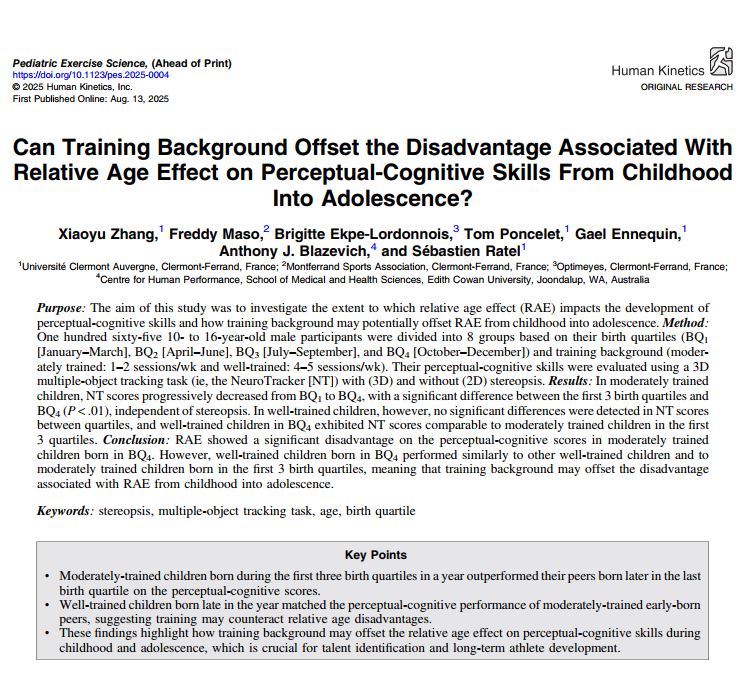Welcome to the Research and Strategy Services at in today's fast-paced.


When basketball players are on the court, they are faced with multiple situations that require cognitive processing and decision making. This process is called the Performance Loop. What does the Performance Loop consist of?
When considering the very elite in the history of basketball, two players come to mind; Michael Jordan, and the recently-retired Kobe Bryant. Although their execution put them miles ahead of most, their unique ability to read the play and understand the situation made them the all-time best.
In an independent study, visual tracking speed was measured with NeuroTracker and correlated with basketball-specific performance (assists, turnovers, assist-to-turnover ratio, steals). Relationships were most likely present, based on a statistically significant result, between visual tracking speed and assists, steals, and assist-to-turnover ratio.

This study and its findings have immense potential for improving performance in basketball. The study indicates that it is possible for a program that improves visual tracking speed to have a positive impact on in-game performance. This is called far-transfer, which is performing a training program void of a sports context but able to transfer results to the field. In addition, the study might allow scouts to have an additional piece of information that can help them choose better players for specific positions, because the study showed that backcourt players were very likely to outperform frontcourt players at visual tracking speed.
Perceptual-cognitive training, like NeuroTracker, is used by elite organizations like Manchester United, the Atlanta Falcons, and the Montreal Impact. Studies have shown potential far-transfer relationships between NeuroTracker and soccer, in addition to basketball. Long gone are the days of exclusively training on-court. Becoming the next elite athlete is now an all-inclusive program that combines on-court training, off-court physical training, and, more recently, cognitive training. For years, there have been famous sports “busts”, players who showed great execution ability in lower leagues, but failed when they made it to the next level. Perceptual-cognitive training could give them a greater chance of succeeding.
Discover the independent study that showed the relationship between visual tracking speed (NeuroTracker) and basketball-specific measures of performance in NBA players








Welcome to the Research and Strategy Services at in today's fast-paced.

Standardized testing environments combine predefined formats and time limits that narrow how knowledge can be expressed. This interpretive guide help to distinguish structural constraint from reduced cognitive capacity.

Divided attention demands can alter performance through multiple processing streams rather than reducing cognitive capacity. This article interprets how to distinguish structural allocation from diminished ability under environmental constraint.

Reduced action range can alter performance by narrowing what can be physically or perceptually executed rather than diminishing cognitive ability. This article interprets how to distinguishing structural boundaries from capacity limitation.
.png)